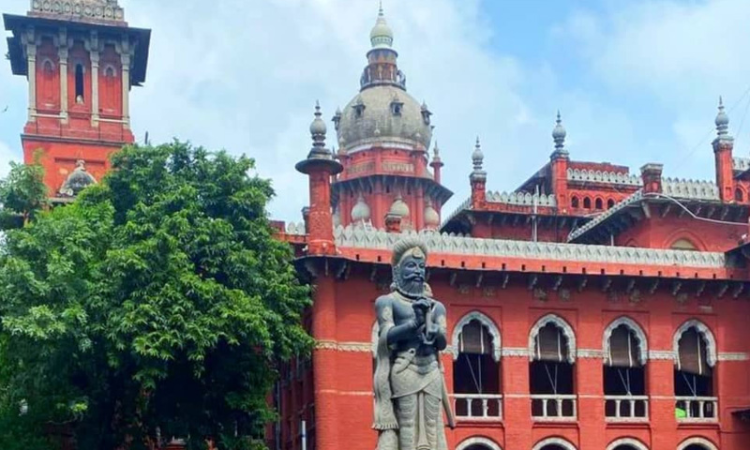Private Medical Colleges Move Madras High Court Against NMC Order Stipulating Fees For 50% Seats At Par With Govt
Upasana Sajeev
10 Aug 2022 3:19 PM IST

Next Story
10 Aug 2022 3:19 PM IST
A group of Private Medical Colleges, on Monday, challenged the constitutional validity of Section 10 of the National Medical Commission Act 2019 and an office memorandum issued pursuant to the Act by the National Medical Commission directing all private medical colleges to charge a fee equivalent to that charged by the Government in 50% seats of these institutions. The matter...
